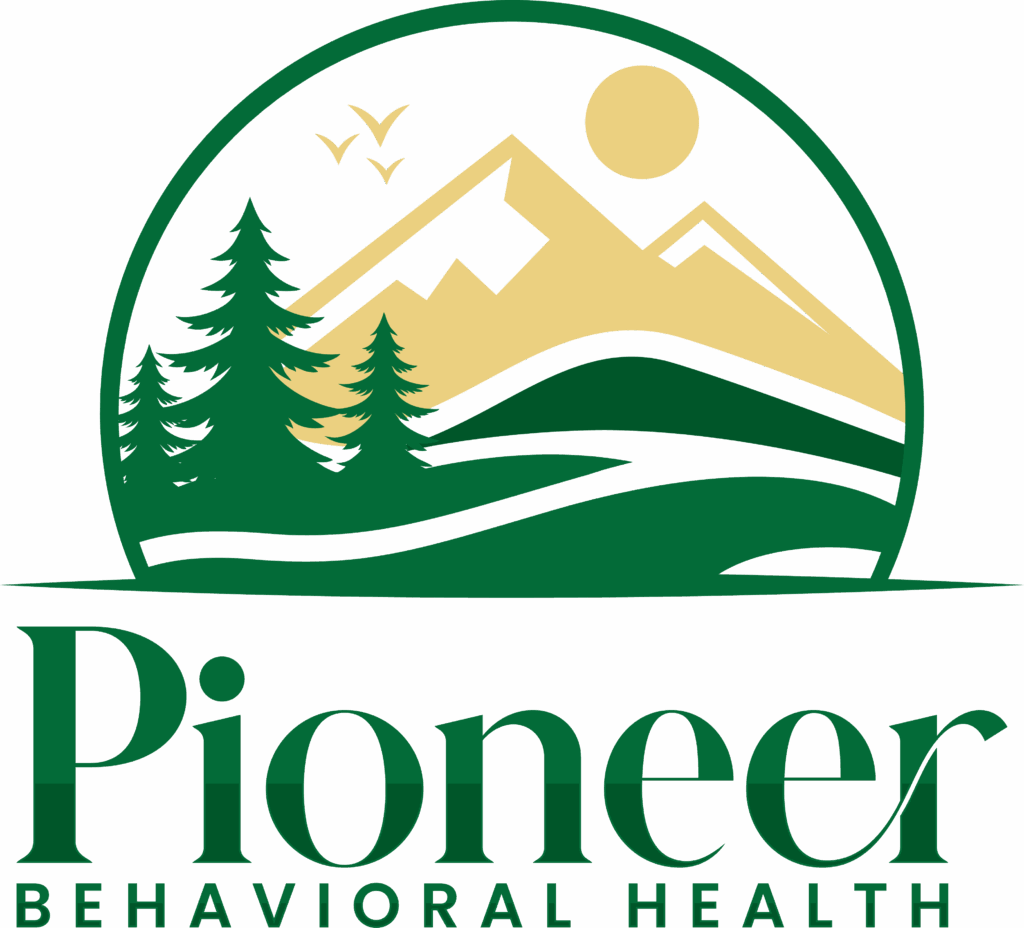Starting your recovery journey is a powerful and courageous step toward reclaiming your life. The first 30 days are especially important—they serve as the foundation for your long-term success. While this period can be filled with emotional and physical challenges, it’s also a time of hope, transformation, and renewed purpose.
Knowing what to expect during this critical phase can help you navigate the ups and downs with confidence and stay committed to your recovery.
Detox and Withdrawal: The First Step Toward Healing

The recovery process often begins with detoxification, where your body clears itself of drugs or alcohol. This stage can be physically and emotionally demanding, especially if you’ve used substances heavily or over a long period.
Common withdrawal symptoms include:
- Nausea or vomiting
- Headaches or fatigue
- Shaking or sweating
- Mood swings, anxiety, or irritability
These symptoms vary based on the substance used and your personal health history. Emotional fluctuations are also normal during detox, as your brain and body adjust to life without substances.
Because withdrawal can be unpredictable—and at times, risky—medical supervision is strongly recommended. At Pioneer Behavioral Health, we provide tailored detox placement services to meet the unique needs of each individual.
Creating a Healthy Daily Routine
After detox, it’s time to begin rebuilding your daily life. Structure and consistency are vital during early recovery, offering a sense of stability and direction.
A healthy routine might include:
- Regular sleep and meal schedules
- Scheduled therapy sessions
- Time for movement or gentle exercise
- Personal time for journaling, meditation, or self-reflection
Therapy is a core part of this process. Whether in individual counseling or group settings, you’ll begin uncovering the root causes of addiction and learning tools to cope with stress, triggers, and cravings in healthy ways.
Establishing habits early on sets the tone for long-term success—and helps you feel grounded during a period of major change.
Building a Support Network
Recovery is not a path you have to walk alone. In your first 30 days, surrounding yourself with supportive people is essential.
Support systems can include:
- Group therapy participants
- Sponsors or mentors in recovery
- Friends and family members
- Professional counselors and therapists
Peer support is especially powerful. Talking with others who understand what you’re going through creates a sense of connection and reminds you that you’re not alone.
At Pioneer Behavioral Health, we also encourage family involvement whenever possible. Rebuilding trust and open communication with loved ones can strengthen your recovery and lay the foundation for lasting emotional support.
Managing Triggers and Cravings
One of the biggest hurdles in early recovery is learning how to cope with cravings and avoid triggers. These triggers might include certain people, places, emotions, or routines tied to substance use.
Early recovery strategies include:
- Identifying and avoiding high-risk situations
- Practicing calming techniques like deep breathing
- Distracting yourself with a healthy activity or hobby
- Reaching out to a therapist, peer, or friend for support
Learning how to recognize triggers and respond in a healthy way is key to maintaining your progress. Over time, your confidence in handling these situations will grow.
Riding the Emotional Rollercoaster
It’s normal to experience a wide range of emotions during your first month of sobriety. You might feel hopeful and empowered one day—and anxious or overwhelmed the next. This is all part of the healing journey.
Give yourself permission to feel everything without judgment. Whether you’re grieving a loss, facing old wounds, or just feeling unsure about what’s next, know that it’s okay to not have all the answers.
Tips to stay emotionally balanced:
- Celebrate small wins—every sober day matters
- Practice kindness toward yourself
- Talk to someone when things feel heavy
- Take breaks when you need them
Progress is rarely linear—but each step forward matters, even if you stumble along the way.
Begin Your Recovery Journey in Longmeadow, MA

The first 30 days of recovery are filled with both challenges and incredible breakthroughs. With the right support, structure, and guidance, you can lay the groundwork for lasting sobriety and personal growth.
Contact us today to learn more about our detox, outpatient, and long-term recovery programs. Our team is here 24/7 to support you through every phase of your journey.

